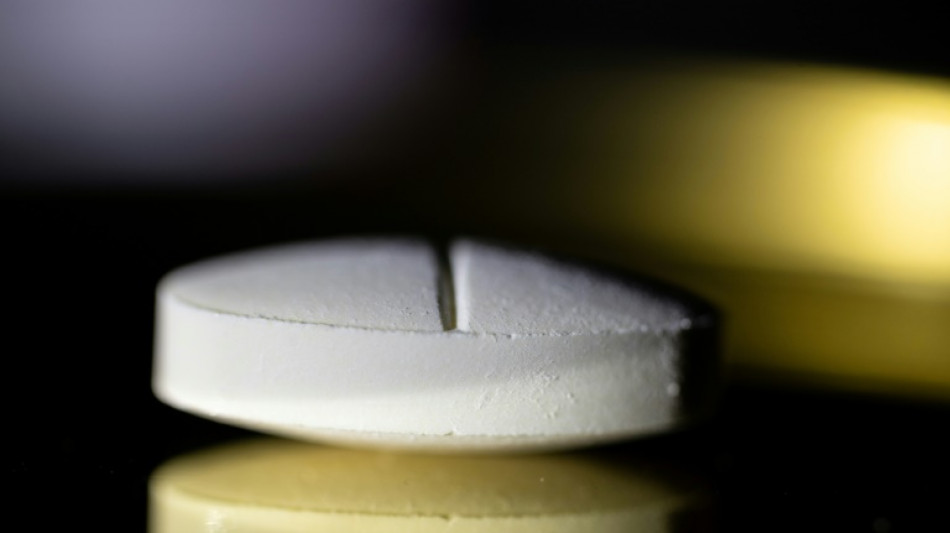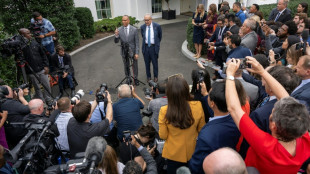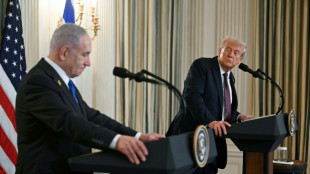
European pharma industry still worried about tariffs

The European pharmaceutical industry said Tuesday that it remained concerned a EU-US trade deal reached at the weekend does not provide certainty for critical sector.
The agreement sets a 15 percent tariff on most EU goods imported into the United States, but Washington could still take steps that would see medicines face a higher levy.
The EFPIA trade association for the European pharmaceutical industry said it was monitoring announcements on the details of the deal "as key implications for the pharmaceutical sector remain uncertain".
An EU fact sheet on the trade deal said the 15 percent rate ceiling would also apply to any potential future tariffs on pharmaceuticals, including Section 232 tariffs meant to protect US national security.
Most EU pharmaceuticals currently enter the United States without a tariff, and the EU said this would remain the case until the US decides on whether to impose additional tariffs based on Section 232.
Earlier this month Trump threatened tariffs of up to 200 percent on pharmaceuticals in as soon as one year if foreign firms did not begin to manufacture more in the United States.
In the spring, in the face of these risks, large European pharmaceutical groups including Roche, Novartis and Sanofi announced more than $200 billion of additional investments in the United States, the world's largest drug market.
But US pharmaceutical firms have also set up shop in Ireland, attracted by its low corporate tax rate.
The sector employs about 50,000 people and accounted for nearly half of Irish exports last year, reaching 100 billion euros ($116 billion).
The EFPIA criticised tariffs as a policy instrument.
"Tariffs on medicines are a blunt instrument that will disrupt supply chains, impact on investment in research and development, and ultimately harm patient access to medicines on both sides of the Atlantic," it said.
A.Imbrogno--INP

 London
London

 Manchester
Manchester
 Glasgow
Glasgow
 Dublin
Dublin
 Belfast
Belfast
 Washington
Washington
 Denver
Denver
 Atlanta
Atlanta
 Dallas
Dallas
 Houston Texas
Houston Texas
 New Orleans
New Orleans
 El Paso
El Paso
 Phoenix
Phoenix
 Los Angeles
Los Angeles


